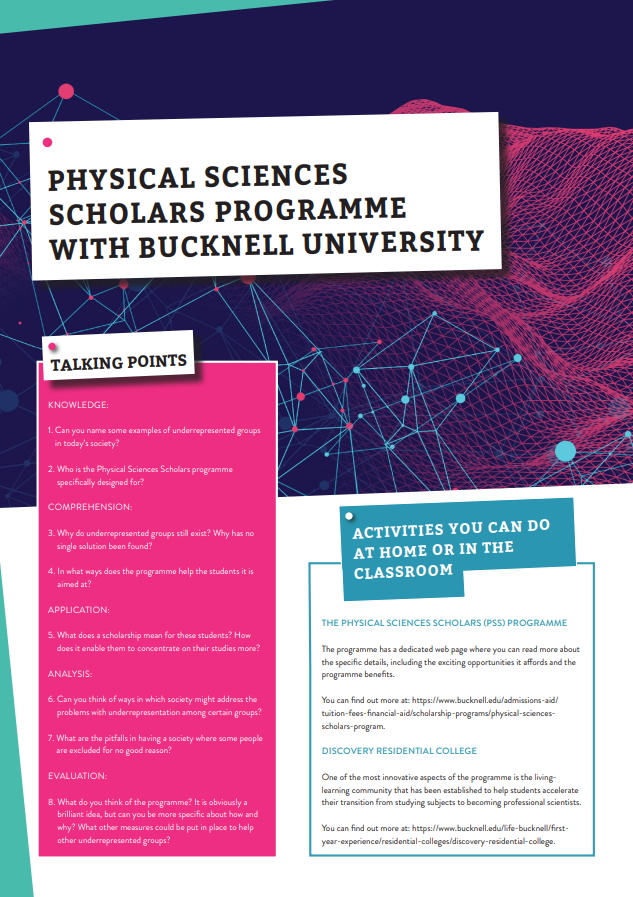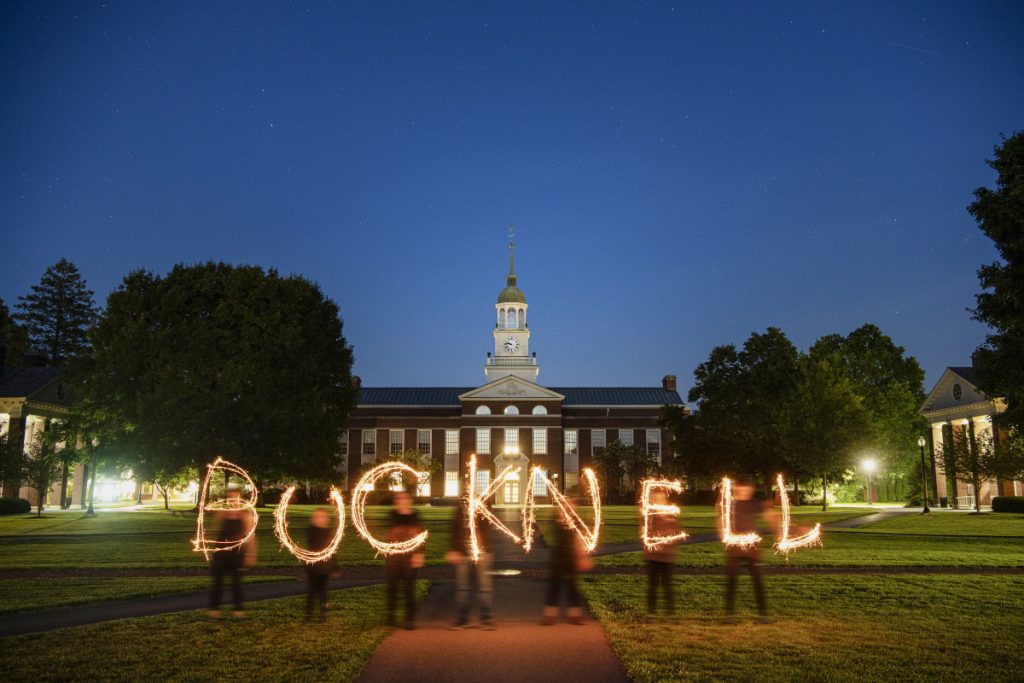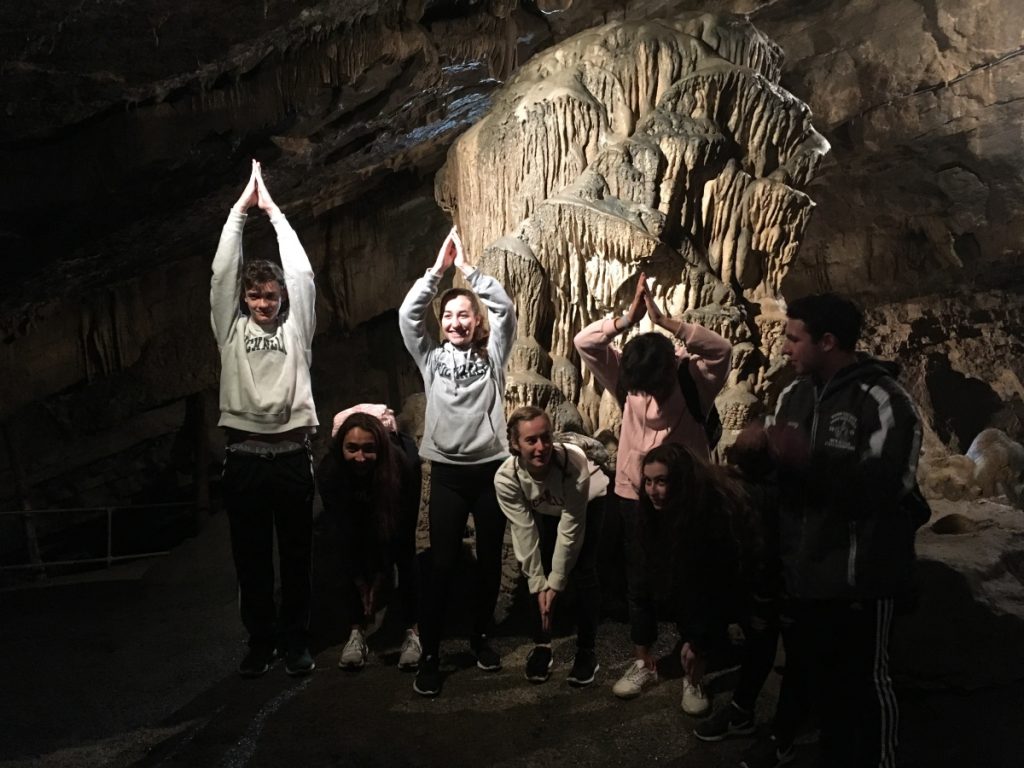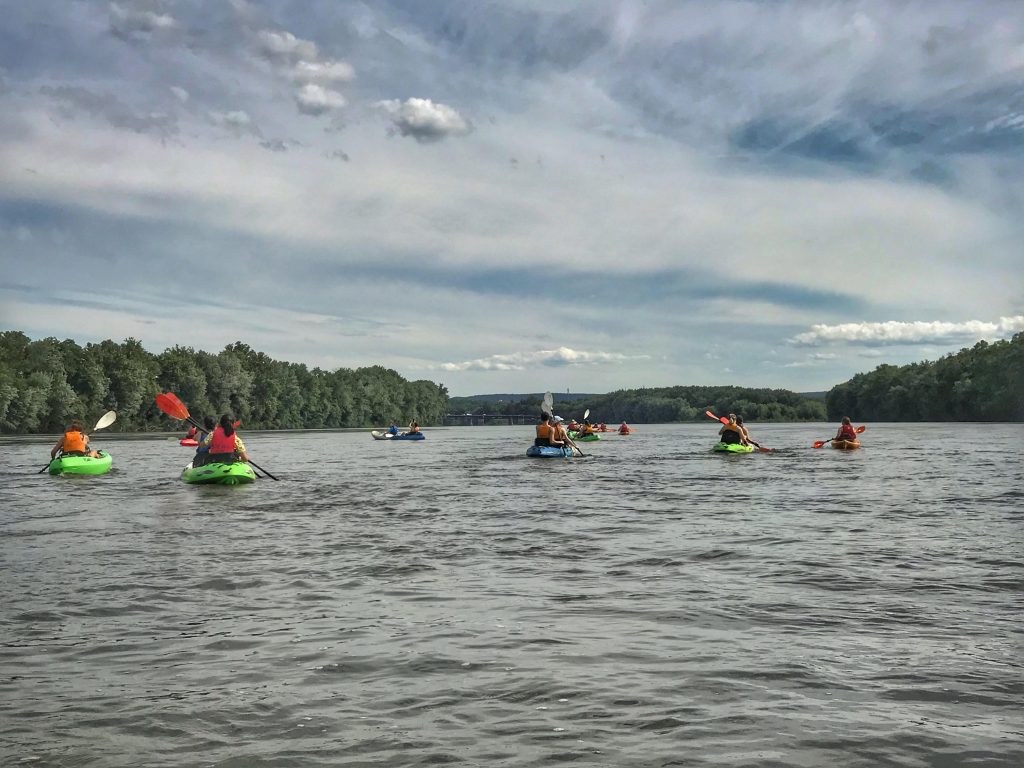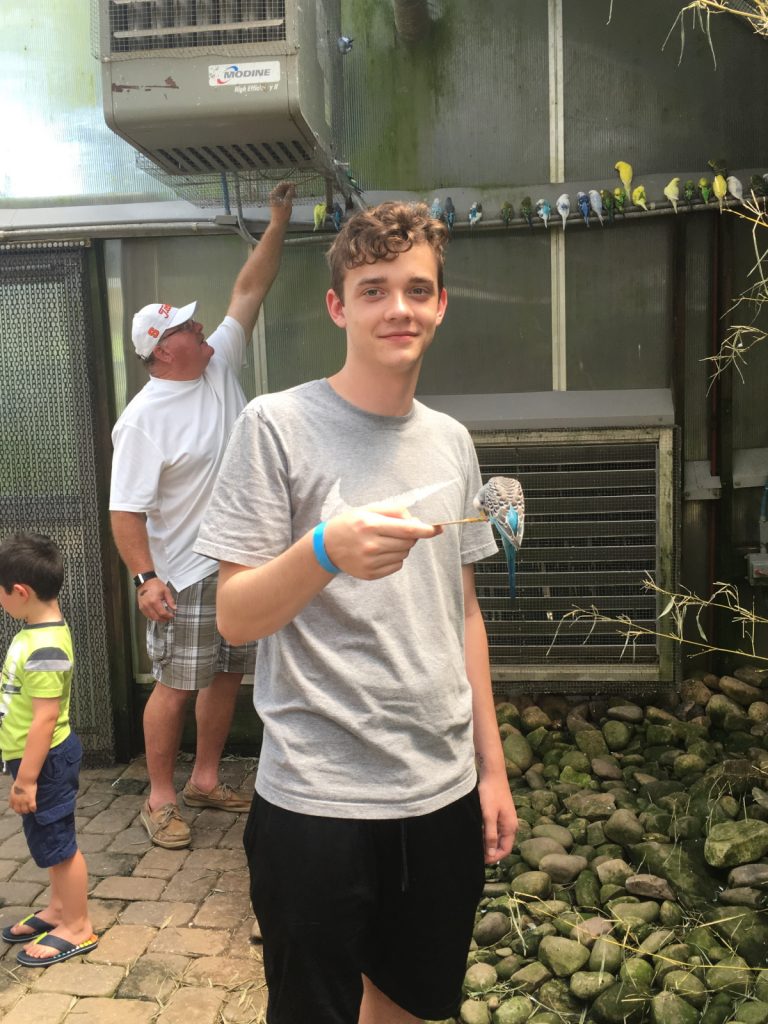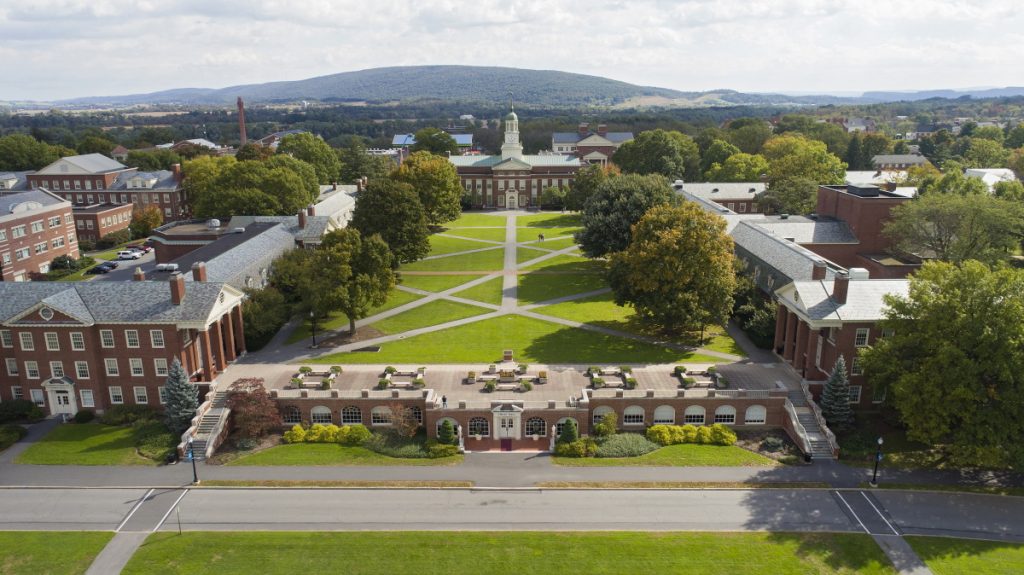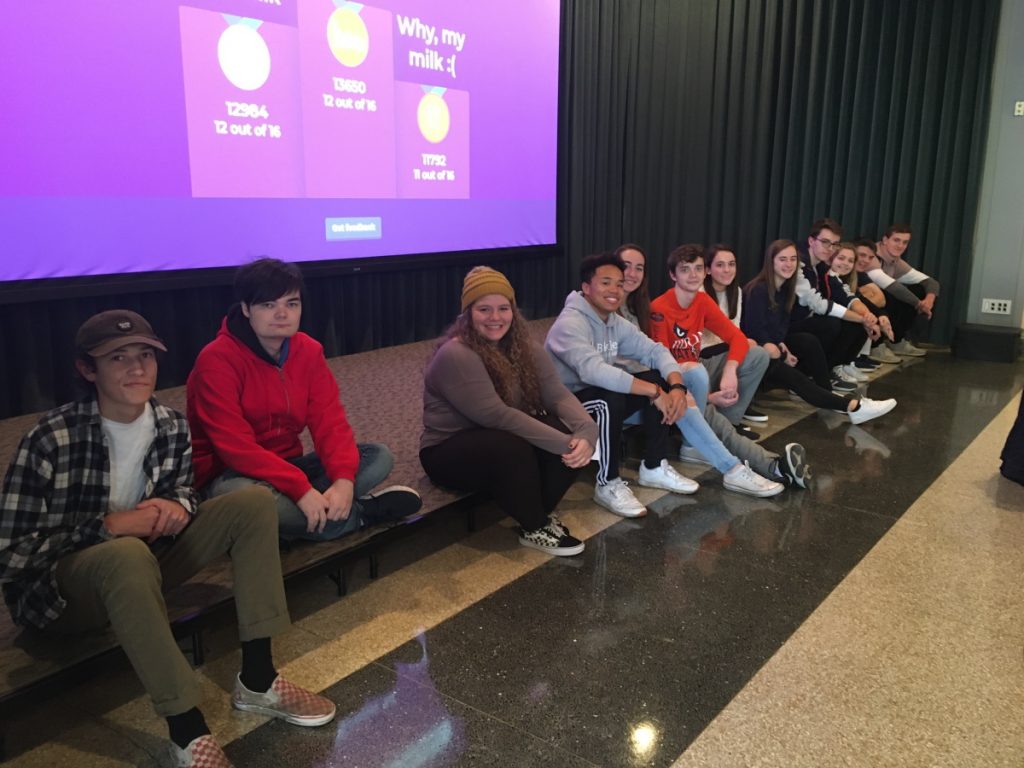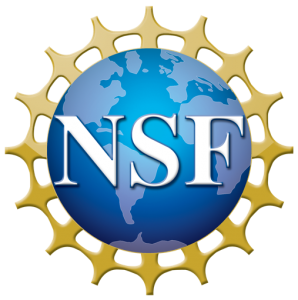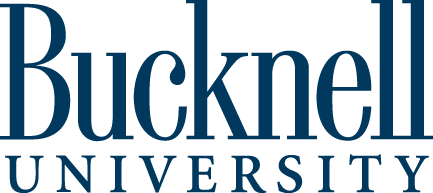Helping low income students become professional scientists
Unfortunately, despite our being firmly within the 21st century, there remain many underrepresented groups and marginalised populations in society. These groups include people of colour, those with physical or mental impairments, women, people with LGBTQ+ status and the economically disadvantaged. There is no single reason why these groups are underrepresented, which is why there is no simple one-size-fits-all solution and why it is still an issue that exists today.
However, there are reasons to be positive. The recent Black Lives Matter protests that took place in countries around the world in the wake of George Floyd’s death show a deep acknowledgement of the disparities that continue to pervade many areas of society. Indeed, efforts are being made to make workplaces more diverse and, while there is still so much more that needs to be done, we are at least headed in the right direction.
One example of this is the Physical Sciences Scholars (PSS) programme that is hosted by Bucknell University in Pennsylvania, US. PSS is funded by the National Science Foundation and was established in 2017 with a view to help students who are interested in majoring in physical sciences, including chemistry, geology, environmental geosciences, physics and biophysics.
HOW DOES PSS HELP STUDENTS?
PSS awards up to $10,000 each year to students from families of low to moderate incomes. The key idea behind the programme is to help low-income students transition from studying at Bucknell University to becoming professional scientists. Professor JiaJia Dong is the Principal Investigator of the programme and she works alongside Professors Karen Castle and Mary Beth Gray. The three of them pool their passion, knowledge and expertise to ensure that the student scholars are given the dedicated and sustained support and mentorship they need to succeed.
WHAT ARE THE BENEFITS OF BEING A STUDENT SCHOLAR?
Being a student scholar and receiving an award of up to $10,000 per year removes the dependence on loans and employment. This lessens any financial anxieties and frees up time so the students can dedicate themselves to the subject they are studying and take advantage of career building opportunities in research and teaching labs. There is a first-year foundation seminar course that has been specifically designed for the group of scholarship students that is linked to the Discovery Residential College – a themed living-learning community where PSS scholars spend their first year on campus.
The college also functions as a means of exploring how science, technology, engineering and mathematics change the world every day. There is a host of foundation seminars, including The Universal Machine (which focuses on how science impacts society), and Illusions! (which examines various types of illusions that demonstrate how perception very rarely aligns with reality).
HOW DOES PSS ACCELERATE THE TRANSITION TO PROFESSIONAL SCIENTIST?
The programme provides exclusive mentorship and a host of networking resources to help students become professional scientists at an accelerated rate. By working closely with the Center for Career Advancement, the team facilitates career placements, internship and externship opportunities. In addition, there is additional funding for a 10-week summer research experience and travel funds that enable students to present their work at academic and professional conferences.
MEET THE THREE RESEARCHERS LEADING THE PHYSICAL SCIENCES SCHOLARS PROGRAMME
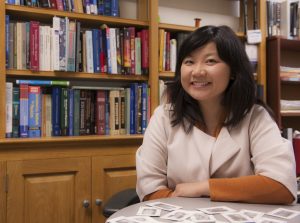
PROFESSOR JIAJIA DONG
Principal Investigator
Department of Physics and Astronomy
Bucknell University, USA
I am the Principal Investigator of the PSS programme, where I oversee the running of the project. I also participate in mentoring student research, and conduct student surveys to track the progress of the participants.
My involvement in the programme is a result of our wanting to recruit a more diverse student body to Bucknell University. We specifically want to attract students who are keen to pursue degree programmes in the physical sciences, such as chemistry, geology, physics, biophysics and environmental geosciences.
The 12 students of our first cohort have just completed their first year at Bucknell. Part of their learning experience was impacted by COVID-19, when all classes shifted to remote instruction in mid-March, 2020. However, it has still been motivating to see some of the students embrace the learning opportunities and join the faculty research team.
I wasn’t interested in becoming a scientist until mid-way into my doctoral programme when I found my own research topic. It was exciting – and rewarding – to be able to ask a question no one had asked before and to then find a way to answer that question. Part of the PSS programme is to see whether student research can help establish students’ self-identification as a scientist earlier in their college career so that students can persist and thrive in the programme. As someone who found passion in science through actually doing the research beyond taking lectures, I find it exciting that the PSS programme can create such opportunities for the students.
My eureka moments, both big and small, have often had student involvement. Finding a good way of explaining a complicated idea after discussing it with students and figuring out some research topics from students’ questions are two particularly memorable highlights.
JIAJIA’S TOP TIPS FOR STUDENTS
1. Do what interests you rather than what appears to have good job prospects. I recently realised that most of my time is spent thinking about research and teaching, and if this wasn’t something I am passionate about, it would have been difficult to have done it for as long as I have! I also wouldn’t be as good at it as I believe I am!
2. Hone your writing at every opportunity. The majority of jobs involve writing of some sort, with many different styles depending on the type of job. You might need to write emails and reports, and being able to communicate in an organisation through written messages is an important factor in determining an individual’s competency.
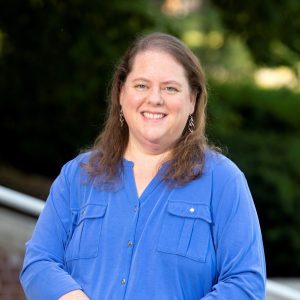
PROFESSOR KAREN CASTLE
Professor of Chemistry
Department of Chemistry
Bucknell University, USA
Reference
https://doi.org/10.33424/FUTURUM88
However, there are reasons to be positive. The recent Black Lives Matter protests that took place in countries around the world in the wake of George Floyd’s death show a deep acknowledgement of the disparities that continue to pervade many areas of society. Indeed, efforts are being made to make workplaces more diverse and, while there is still so much more that needs to be done, we are at least headed in the right direction.
One example of this is the Physical Sciences Scholars (PSS) programme that is hosted by Bucknell University in Pennsylvania, US. PSS is funded by the National Science Foundation and was established in 2017 with a view to help students who are interested in majoring in physical sciences, including chemistry, geology, environmental geosciences, physics and biophysics.
HOW DOES PSS HELP STUDENTS?
PSS awards up to $10,000 each year to students from families of low to moderate incomes. The key idea behind the programme is to help low-income students transition from studying at Bucknell University to becoming professional scientists. Professor JiaJia Dong is the Principal Investigator of the programme and she works alongside Professors Karen Castle and Mary Beth Gray. The three of them pool their passion, knowledge and expertise to ensure that the student scholars are given the dedicated and sustained support and mentorship they need to succeed.
WHAT ARE THE BENEFITS OF BEING A STUDENT SCHOLAR?
Being a student scholar and receiving an award of up to $10,000 per year removes the dependence on loans and employment. This lessens any financial anxieties and frees up time so the students can dedicate themselves to the subject they are studying and take advantage of career building opportunities in research and teaching labs. There is a first-year foundation seminar course that has been specifically designed for the group of scholarship students that is linked to the Discovery Residential College – a themed living-learning community where PSS scholars spend their first year on campus.
The college also functions as a means of exploring how science, technology, engineering and mathematics change the world every day. There is a host of foundation seminars, including The Universal Machine (which focuses on how science impacts society), and Illusions! (which examines various types of illusions that demonstrate how perception very rarely aligns with reality).
HOW DOES PSS ACCELERATE THE TRANSITION TO PROFESSIONAL SCIENTIST?
The programme provides exclusive mentorship and a host of networking resources to help students become professional scientists at an accelerated rate. By working closely with the Center for Career Advancement, the team facilitates career placements, internship and externship opportunities. In addition, there is additional funding for a 10-week summer research experience and travel funds that enable students to present their work at academic and professional conferences.

PROFESSOR JIAJIA DONG
Principal Investigator
Department of Physics and Astronomy
Bucknell University, USA
I am the Principal Investigator of the PSS programme, where I oversee the running of the project. I also
participate in mentoring student research, and conduct student surveys to track the progress of the participants.
My involvement in the programme is a result of our wanting to recruit a more diverse student body to Bucknell University. We specifically want to attract students who are keen to pursue degree programmes in the physical sciences, such as chemistry, geology, physics, biophysics and environmental geosciences.
The 12 students of our first cohort have just completed their first year at Bucknell. Part of their learning experience was impacted by COVID-19, when all classes shifted to remote instruction in mid-March, 2020. However, it has still been motivating to see some of the students embrace the learning opportunities and join the faculty research team.
I wasn’t interested in becoming a scientist until mid-way into my doctoral programme when I found my own research topic. It was exciting – and rewarding – to be able to ask a question no one had asked before and to then find a way to answer that question. Part of the PSS programme is to see whether student research can help establish students’ self-identification as a scientist earlier in their college career so that students can persist and thrive in the programme. As someone who found passion in science through actually doing the research beyond taking lectures, I find it exciting that the PSS programme can create such opportunities for the students.
My eureka moments, both big and small, have often had student involvement. Finding a good way of explaining a complicated idea after discussing it with students and figuring out some research topics from students’ questions are two particularly memorable highlights.
JIAJIA’S TOP TIPS FOR STUDENTS
1. Do what interests you rather than what appears to have good job prospects. I recently realised that most of my time is spent thinking about research and teaching, and if this wasn’t something I am passionate about, it would have been difficult to have done it for as long as I have! I also wouldn’t be as good at it as I believe I am!
2. Hone your writing at every opportunity. The majority of jobs involve writing of some sort, with many different styles depending on the type of job. You might need to write emails and reports, and being able to communicate in an organisation through written messages is an important factor in determining an individual’s competency.

PROFESSOR KAREN CASTLE
Professor of Chemistry
Department of Chemistry
Bucknell University, USA
I am a co-principal investigator of the PSS programme and have been working very closely with the first cohort of PSS students. I taught a class that was specifically designed for the PSS students last Autumn – a first-year foundation seminar entitled Science and Serendipity. In this course, we looked at how some of the greatest scientific discoveries were made throughout history, exploring how progress is made in science and what it means to be a good scientist. I was also the academic advisor for all the PSS students. I have worked with individuals and groups of students to help them navigate their first year.
I have wanted to run this programme for more than a decade and was thrilled when the National Science Foundation decided to help us make it a reality! Nationwide, we need to do a better job at recruiting talented students from underrepresented groups into the sciences. This programme is an attempt to make high-quality education in the physical sciences more accessible to students with a high financial need. We are also trying to learn new ways to help students achieve academic success in STEM fields.
The foundation seminar course was one of the greatest success stories so far. Having all the PSS students together for one of their courses was a great way to help them successfully transition to college. They all made it through their first year and all still intend to major (or double-major) in a STEM discipline! We have already learned a lot from the first cohort and have a much better understanding of the kinds of challenges students face in their first semester at college. By studying how they self-identify as scientists and how that perception changes over time, we are learning how we can better help STEM students with mentoring.
It took me a while to figure out that science was the right path for me. Chemistry is a difficult subject and I didn’t have much of a background in it when I started college. I felt like everyone else knew more than I did and I didn’t have much confidence in my abilities. Eventually, I realised that most people in introductory courses feel the same way. After taking a few courses in chemistry, physics and mathematics, I began to love problem-solving. Once I experienced research for the first time, I was truly hooked.
After months of struggling with the material for one of my college courses, I was studying for a final exam when thermodynamics all of a sudden made sense to me. It’s hard to explain, but I went from not getting it at all to suddenly seeing all the patterns unfold. I’m sharing this experience to point out that science and maths can be really challenging, but if you keep working at it, you can overcome the challenges. Of course, I’ve had many eureka moments in my research lab and that is one of the main reasons I love my chosen career so much. There is always something new to discover and I love knowing that I will never stop learning new things.
KAREN’S TOP TIPS FOR STUDENTS
1. Keep in mind that if science is something you find interesting, irrespective of which particular subject, you can be a scientist! There are many people out there who want to help you learn, grow and succeed.
2. It takes time for most people to figure out what they are best at. It also takes time to learn and develop the skills you need to be successful. However, if you are motivated to learn, put the effort in, and seek out help and guidance, anybody can succeed in STEM.
3. We need a constant supply of new ideas in the natural sciences. The best way to make progress on real problems is to approach them from multiple angles through multiple lenses and we need as many perspectives as possible. Yours is as valid as anybody else’s.
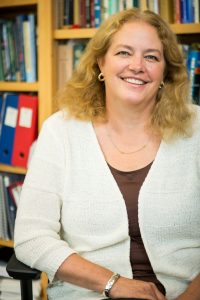
PROFESSOR MARY BETH GRAY
Professor of Geology
Department of Geology
Bucknell University, USA
I am a co-principal investigator of the PSS programme. With my collaborators, I am active in mentoring,
conducting related educational research, and developing and teaching a course specifically designed for
physical sciences scholars entitled Curiosity: The Driving Force of Science. The course explores frontiers
of knowledge in the physical sciences and considers the myriad ways scientists devise research questions.
The course is writing-intensive and incorporates interviews with physical scientists, video and poster
group projects and career development components.
We seek to attract a diverse group of academically talented students in the physical sciences. Our programme is designed to cultivate a strong supportive community, provide logistical, mentoring and scholarship support for students over the length of their undergraduate studies with the intent of optimising their chances of success in their science careers.
I am inspired by the physical sciences scholars that I have come to know. I respect their commitment,
enthusiasm and curiosity.
When I was younger, I took a course in college that ignited my passion for geology. Later, I had a superb
research mentor who helped me recognise my capabilities and encouraged me to pursue a career as a
geoscientist.
Discovering geosciences as an undergraduate was such a wonderful surprise and it changed the direction of my life. As a geoscientist, I have conducted research throughout my career and have had many exciting moments of discovery along the way. It is especially fulfilling to be able to work with undergraduate research students and witness their moments of discovery as well.
1. Believe in yourself and your capabilities. Seek out supportive mentors along the way who will challenge you to grow as a professional scientist.
2. Be tenacious! Inevitably, there will be setbacks, but you should not let these discourage you. Instead, learn from them and redouble your efforts!
3. Above anything else, you should enjoy the process of discovery. Being a scientist is all about uncovering things that were previously unknown – it is one of the best things about being involved in the sciences.
Write it in the comments box below and the researchers will get back to you. (Remember, researchers are very busy people, so you may have to wait a few days.)


